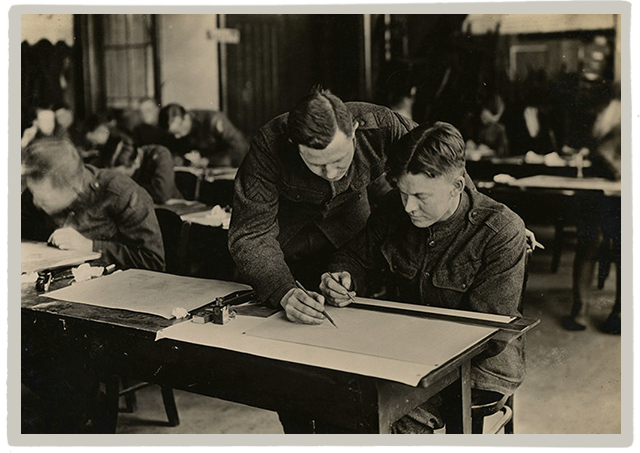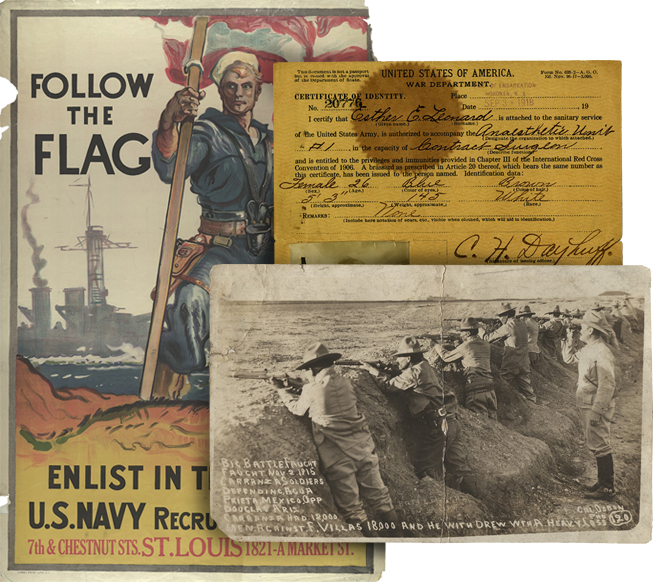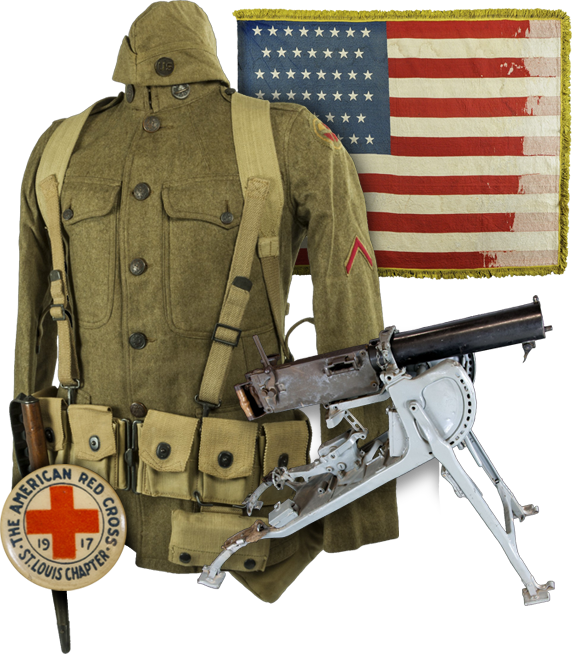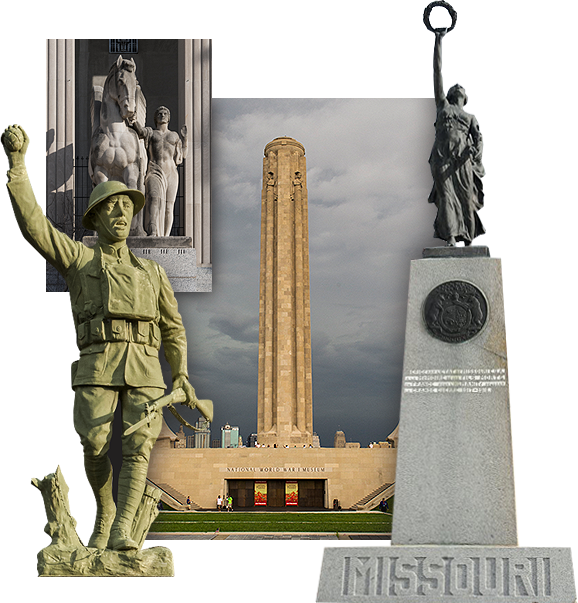James R. Harris letter to L. Shane - September 14, 1918

Transcript
Office Sunday U.S. Government Msgs. of Mchy [September] 14, 1918. Commander L. Shane, U. S. N., St. Louis, [Missouri] Dear Sir: Returning herewith Industrial Questionaire, beg to answer the questions in their numerical order as follows:- 1. Name of Plant. Busch-Sulzer Bros.-Diesel Engine Company. 2. Location. 3300 S. Second St., St. Louis, [Missouri] 3. How long established in business? Present company since [February] 1, 1911. Its predecessors have been in the Diesel engine business since 1899. 4. What was produced by your plant before entering upon Naval Work? Stationary Diesel Engines. 5. Give date or dates that your plant began performance of all Naval Contracts. May 27, 1914

Transcript
[page 2] Engines will be 900 H. P., two cycle. 6- (a) What did your plant produce in the performance of said Naval Contracts? Answer completely. See question 5 above. (b) State quantity produced first month and also for each subsequent month up to September 1, 1918. Answer completely. As submarine engines are of rather recent development, and as the number of engines ordered has been limited for any one size or type it has not been possible to turn them on a quantity basis and at regular intervals. The best way to answer this question is to give you the dates of shipments of all submarine engines up to this date as follows:-

Transcript
[page 3]

Transcript
[page 4] 8. (d) Percentage of female employees at beginning of Naval work and also during August 1918. We have no female employees in the shop, they only being employed as stenographers and for some clerical work. (e) Was performance of contracts affected by strikes? If so, were strikes promoted by aliens or not, by union or non-union men? We have had one formal strike, same being called in September, 1916 and being declared off in March 1917. The strike was called by the Union because we would not accede to what we consideredunjust demands and the strike was settled on the basis of our continuing as an open shop and our paying wages in accordance with the abilities of individual workmen. During the past six months, although we know our patternmakers were fully satisfied with their wages and conditions, they were compelled to leave their work by the Union officials because we would not grant them an arbitrary increase of 15

Transcript
[page 5] 10. (continued) transportation. Up to Friday of this week we had entirely run out of crank shafts for submarine engines although one shaft was shipped from Erie, [Pennsylvania] five weeks ago. In the last two days we have gotten in three shafts but four additional shafts are on the road some place. We have been unable to get any assistance in hurrying the transportation of these shafts although we appealed for assistance to the railroads and the Inspector of Machinery at our plant. Work on the last two engines for the

Transcript
[page 6] 17. (b) What social welfare work among employees was conducted? Under what supervision? Did it promote efficiency? We keep in close touch with our employees although we have no organized social welfare department. 18. How did war affect relations of capital and labor? Describe. Our relations with our employees are the same as before the War. We try to treat each employee in a just and fair manner and we believe we have the good will or 90
Details
| Title | James R. Harris letter to L. Shane - September 14, 1918 |
| Creator | Harris, James R. |
| Source | Harris, James R. Letter to L. Shane. 14 September 1918. Busch-Sulzer Collection. Wisconsin Historical Society, Madison, Wisconsin. |
| Description | Letter from James R. Harris, the Vice President and General Manager of the Busch-Sulzer Brothers Diesel Engine Company, to the Inspector of Machinery, L. Shane. In this letter Harris answered an Industrial Questionnaire concerning the Busch-Sulzer Company. Included in this questionnaire is information pertaining to the opening of the company in February 1911, their production levels, the demographics of their employees, and the wages their employees earn. The company's employees consisted of mostly naturalized male citizens earning an average of 47 cents per hour. |
| Subject LCSH | Diesel engine; Submarine boats; Busch-Sulzer brothers Diesel engine company; World War, 1914-1918--War work |
| Subject Local | WWI; World War I; Submarine engine |
| Contributing Institution | Wisconsin Historical Society |
| Copy Request | Transmission or reproduction of items on these pages beyond that allowed by fair use requires the written permission of the Wisconsin Historical Society: 608-264-6535 |
| Rights | The text and images contained in this collection are intended for research and educational use only. Duplication of any of these images for commercial use without express written consent is expressly prohibited. |
| Date Original | September 14, 1918 |
| Language | English |



